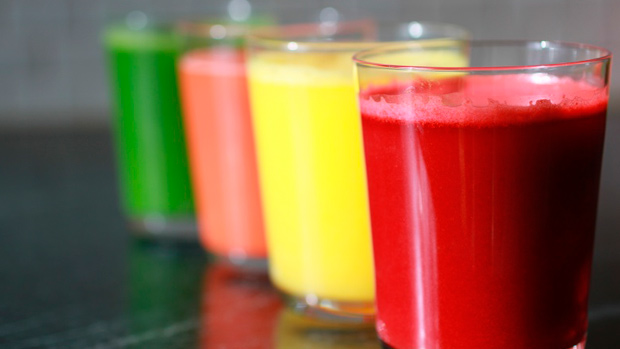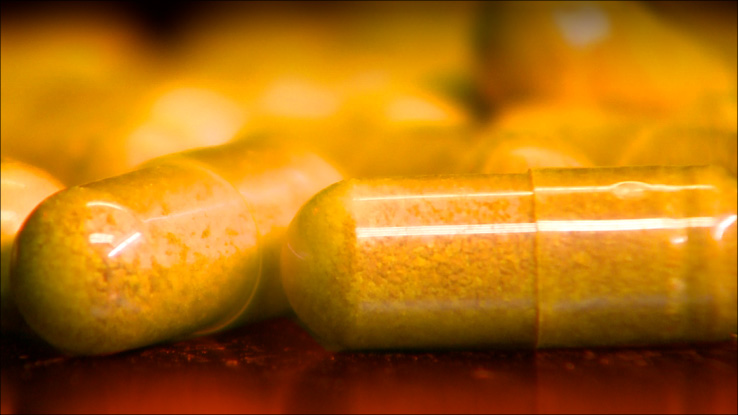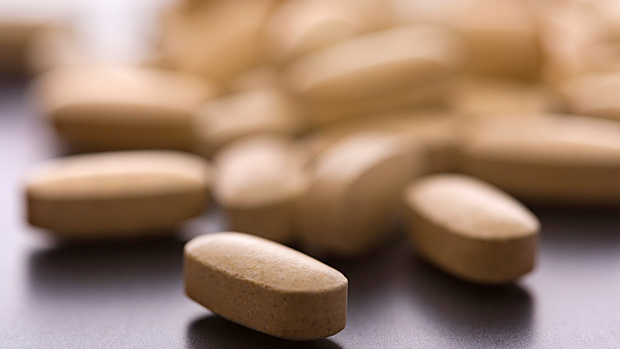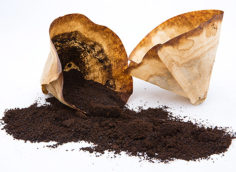Drinking lots of juice isn't healthy. Juices are high in calories, lack fiber, lack nutrients, and ultimately make you fat.
There are roughly 7,000 juice bars splashed around the country, each with a line of yoga-pants wearing women waiting to order their presumably healthful kale and kumquat concoctions. And if they're not lining up for them there, they're filling their grocery carts with products with names like Renovation and Glow, each promising to fill their cells with hydration and nutrition, restore alkaline balance, and rid the body of impurities. They're said to make your hair shine, your skin shimmer, give you energy, clear you mind, and make your immune and digestive systems impenetrable to pathogens or upset.
Twelve to sixteen-ounce bottles cost around ten bucks, and the tastes range from delicious to something filtered through the thong of a sumo wrestler. The trouble is, they accomplish none of their stated physiological or medical objectives. Oh, habitual juicers might lose weight, depending on what their juice consists of and whether or not it's an improvement over their regular diet, but much of it is water weight that comes back when you eat normal, solid food. Much of the other weight loss is from muscle, which is the stuff that's largely responsible for giving women shape, not to mention real strength and vitality.
And unfortunately, a lot of the weight that's lost initially will be regained in the form of fat. Vegetables and fruit contain simple sugars and more complex, harder-to-digest carbs. Great, but when you grind them up, as you do in the juicing process, you break down all those normally harder-to-digest carbs into teeny-tiny little pieces, so small that they virtually bypass much of the digestive process.
You end up getting a huge insulin release, and insulin takes all that sugar and shuttles some of it off to muscle (if indeed muscle needs it at that particular moment) and, more likely, to the liver, where it gets converted into fatty acids, aka fat – fat that's stored in your thighs, butt, waist, or wherever else you have a propensity to store it.
Volume has to be considered, too. Volume-wise, it's easier to ingest pulverized fruit and vegetables than it is to eat them in their whole form. Un-pulverized plant matter takes up a lot of space and tells your brain that you're full. Juices don't take up as much space, though. You might eat one whole peach or two whole plums without a problem, but you can probably drink five or six of each in one sitting if they've been Osterized.
More fruit equals more calories. More fruit equals more sugar. More fruit equals more sugar converted to fat that, ironically, makes you look less juicy. And it gets worse. Obsessive, chronic juicing doesn't provide enough nutrients to maintain health so that you risk metabolic or electrical system freak-outs.
Furthermore, juicing destroys fiber so that the microflora in your gut perish and are taken out by the next turd train out of your digestive system. Go ahead and juice if you must, only don't ascribe any health holiness to it, and do it in moderation.





